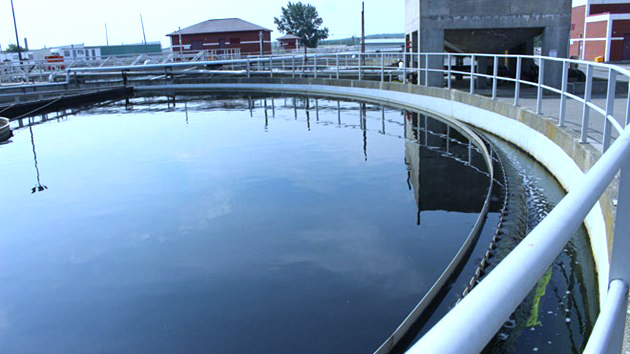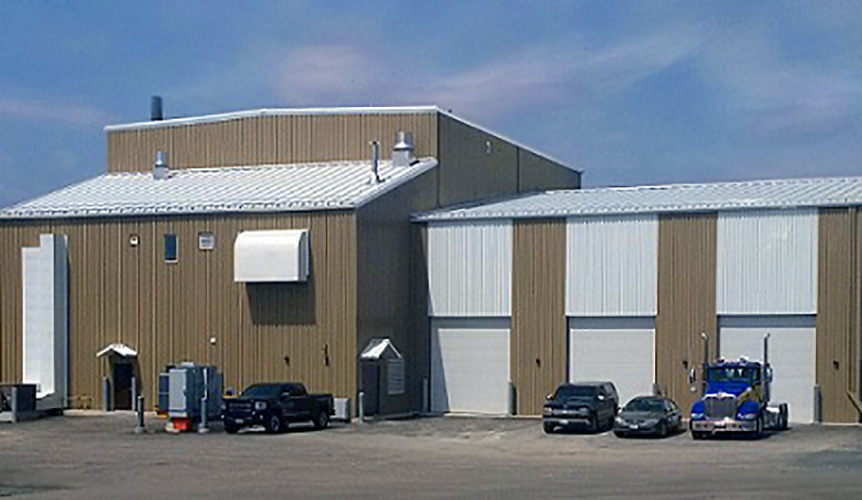Mitigating odor and noise at an innovative, eco-friendly waste treatment facility
The Sudbury Wastewater Treatment Plant can manage up to nearly 160,000m3 of wastewater daily. It not only serves Sudbury residents as part of a large network of underground water mains and sewers, it also uses a patented process called N-Viro® to transform biosolids (an output of the sewage treatment process) into a valuable agricultural and soil amendment product. Part of the revenue from the sale of this product returns to the City.
Photos


Services provided
The Challenge
For many years, Sudbury had disposed of the products of its wastewater treatment process in a tailings pond on the outskirts of the city. In response to air quality concerns and general changes in public expectations about environmental stewardship, the City decided to manage waste in a new way.
In 2009, Sudbury adopted a long-term Biosolids Management Master Plan. Following an RFP process, the City partnered with Walker Industries, a Toronto-based firm and the originator the N-Viro® process, to adopt an innovative approach to handling the city’s wastewater. Sudbury’s new wastewater treatment and biosolids management facility would:
- do a better job of maintaining good air quality around the site;
- benefit the environment by producing an eco-friendly fertilizer product; and
- offset the cost of its own operation by generating fertilizer sales revenue.
N-Viro® and the City of Sudbury engaged us to perform a range of analyses to ensure and demonstrate that this new facility would deliver the expected benefits while also meeting strict noise and air quality standards.
Our Approach
We joined the public-private partnership (P3) team in 2013, to contribute analysis that would help the key actors design, build and operate the new facility.
The City of Greater Sudbury, wishing to minimize the risk that residents would be bothered by the facility’s operations, set noise and air quality rules that exceeded the Province of Ontario’s requirements. To help the facility meet those standards, we provided a number of services:
- We worked with the facility’s design teams to evaluate and assess noise and air quality risks, and then explored a range of potential mitigation solutions. Our dispersion modeling and technical guidance enabled the teams to adopt measures that would achieve the greatest possible reductions in noise and odor.
- To support a smooth and efficient review process by the provincial regulator, our specialists met with the Approvals Branch of Ontario’s Ministry of the Environment and Climate Change (now Ministry of Environment, Conservation and Parks), communicating the results of our analysis and demonstrating the effectiveness of the P3 team’s odor-control measures.
- After construction, we carried out performance testing for all the facility’s control systems to ensure they were working as the designers intended. We also assessed and fine-tuned the indoor ventilation system, and executed the Environmental Compliance Approval validation testing.
The Outcome
The Sudbury Wastewater Treatment Plant and Biosolids Management Facility was substantially completed in May, 2015 and is fully operational today. It earned the Chuck Willis Award for Innovation and Excellence in a Municipal-Private Partnership by the Canadian Council for Public-Private Partnerships. The facility was recognized in part for its commitment to environmental sustainability, and also for the health, environmental, and economic benefits it brings to Sudbury residents.